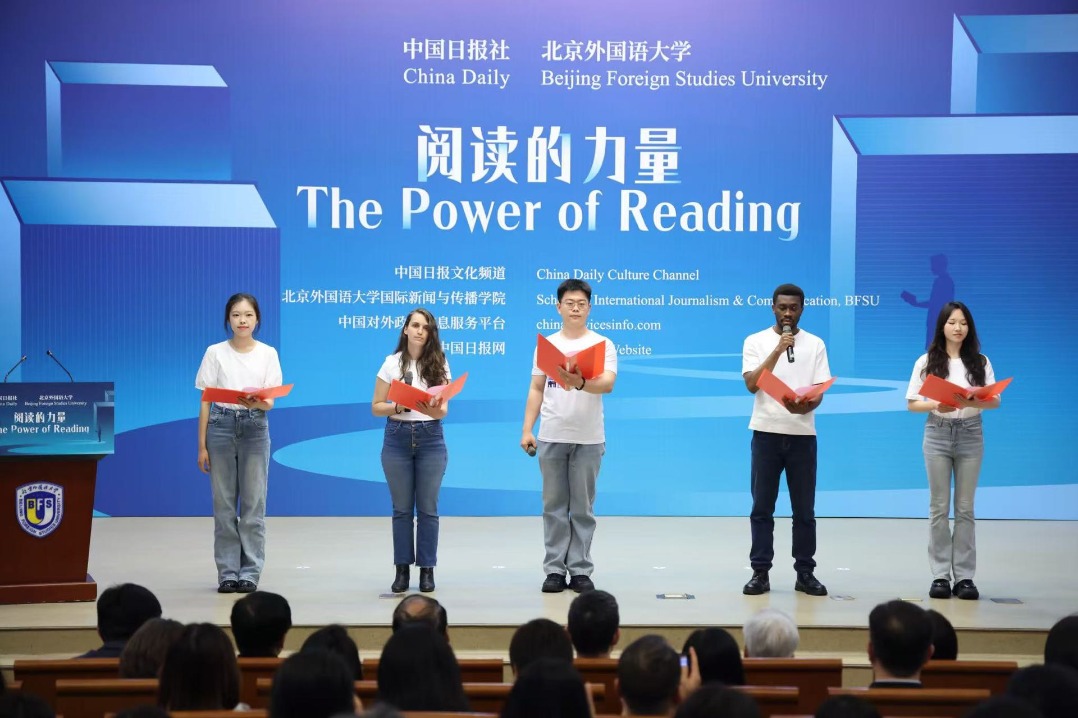World's biggest small-commodities market unfazed by US tariffs
Operators at Yiwu expand horizons, diversify products to counter disruptions


Opportunity from crisis
The shelves at Yiwu Lincy Lock Industry Co are filled with traditional and modern smart locks. Founded in 2012 by general manager Lin Xiaoming, Lincy now exports over 50,000 locks daily, and is experiencing double-digit annual growth in production and market share.
In the past, two of its traditional locks were very popular in the US, with monthly exports of 300,000 units each. But following the US tariff announcement, the import cost for US buyers has jumped to 165 percent, prompting a halt in exports.
"We've essentially stopped trading with the US," Lin said. "The US used to account for 30 percent of our exports. Over the past few years, this has dropped to under 1 percent. Fingerprint-activated lock exports to the US have also dwindled due to their complex import requirements and order uncertainties."
Despite the drop in exports to the US, Lin is unfazed by the situation. "We are not fixated on the United States," he said.
"This is just a temporary minor difficulty, which we will rely on transformation (of markets) to overcome. If everyone ignores the United States, and all of Chinese manufacturing ignores the United States, what can the United States do? "
Africa and the Middle East now make up 60 to 70 percent of Lincy's exports, Lin said.
"In many African and Middle Eastern countries, our brand recognition is high — market share ranges from 50 percent to 90 percent," he said. "Word of mouth keeps us going. The US is just a small market for us, we can grow bigger in other regions such as Belt and Road countries and regions."
Lin recently returned from Kazakhstan and Uzbekistan, where he joined a Jinhua city business delegation seeking to deepen economic cooperation.
Inspired by the trip, he plans to develop lock models tailored to local preferences. He has already designed three new models for the Central Asian market.
"I hope to deepen and slowly cultivate this market," he said.
"Crises can reveal opportunities. The tariff war has forced us to abandon the US market, but it gives us more energy to expand elsewhere — especially in Africa, the Middle East, and Belt and Road countries. The world is vast, and if you understand your customers, the market opens up. Even if we stop selling to the US, there are countless other markets to grow into."
























